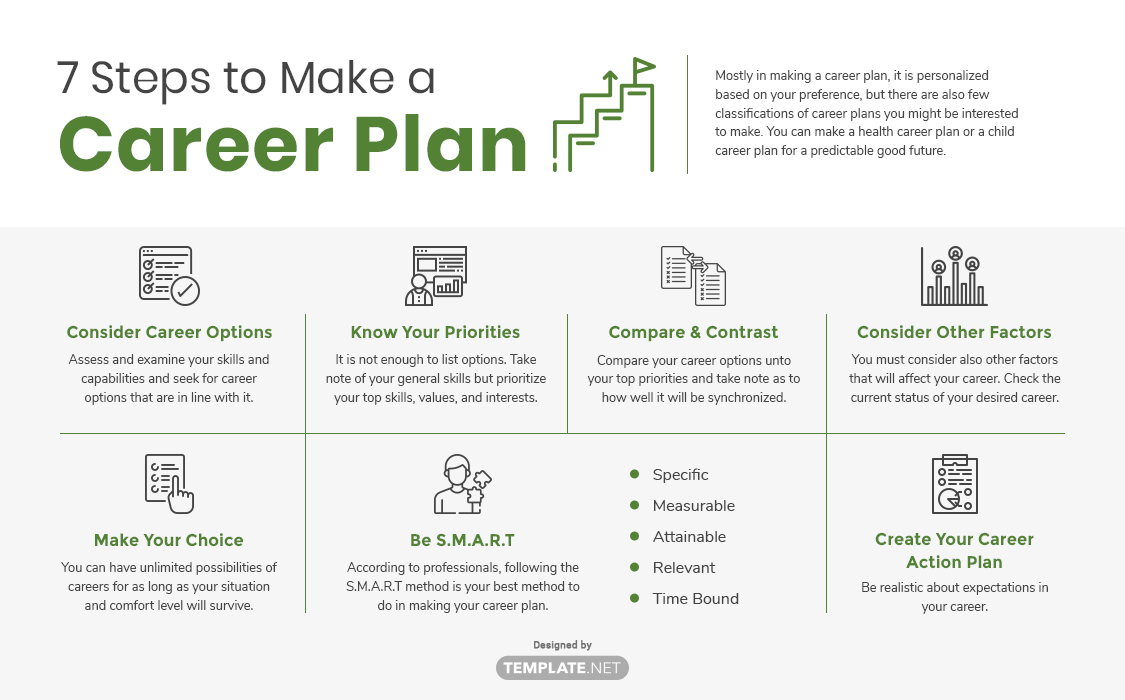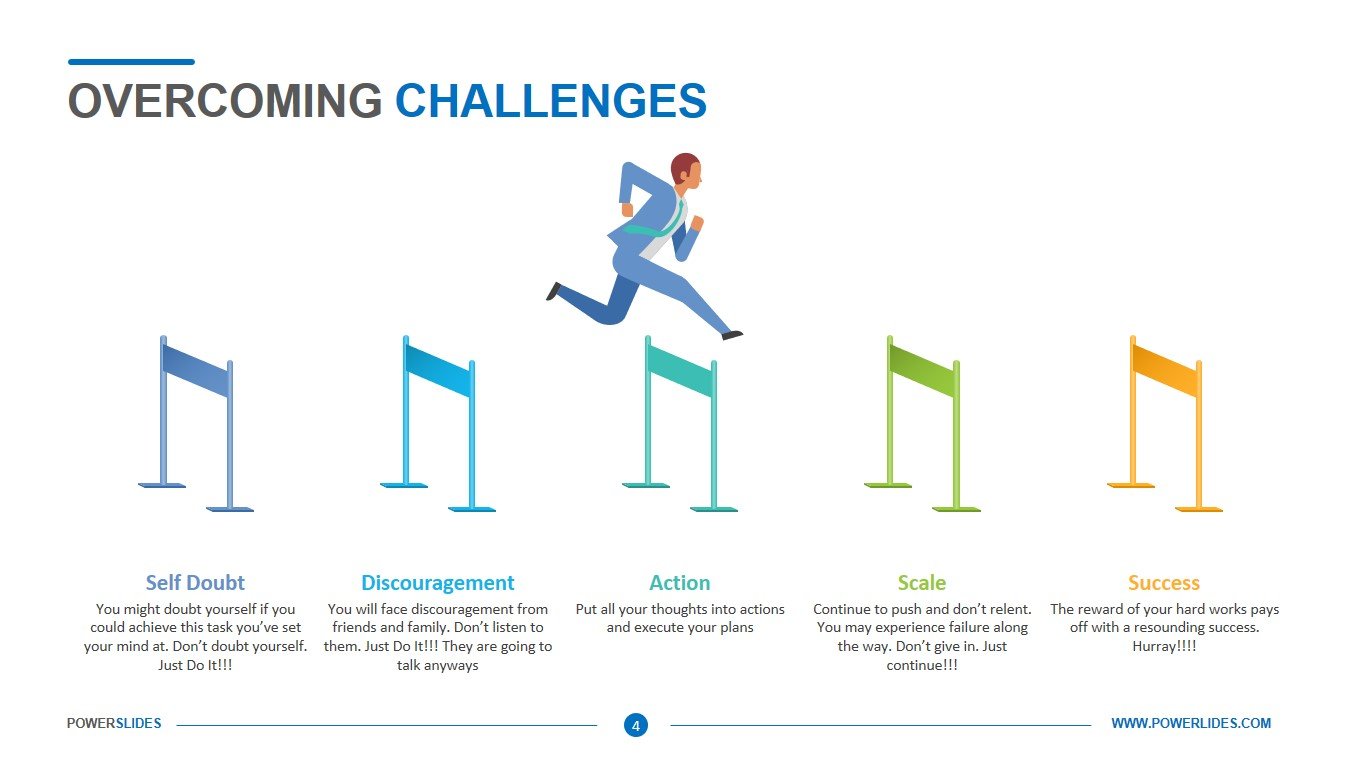Breaking the $15-an-Hour Barrier: What You Need to Know
In today’s economy, securing a job that pays $15 an hour or more can be a game-changer for individuals seeking financial stability and a better quality of life. The significance of breaking the $15-an-hour barrier cannot be overstated, as it can have a profound impact on one’s lifestyle and overall well-being. With a higher hourly wage, individuals can enjoy greater financial flexibility, reduced stress, and increased opportunities for personal and professional growth.
Jobs that make $15 an hour or more are often considered the holy grail of hourly employment, offering a sense of security and stability that is hard to find in lower-paying roles. However, it’s essential to understand that these jobs often require specialized skills, education, and experience. By understanding the requirements and opportunities available, individuals can take the first step towards unlocking their earning potential and achieving a better work-life balance.
According to the Bureau of Labor Statistics, the median hourly wage for all occupations in the United States is around $12 an hour. However, certain industries and job roles offer significantly higher hourly wages, often exceeding $20 or even $30 an hour. By exploring these high-paying hourly job opportunities, individuals can increase their earning potential and enjoy a more comfortable lifestyle.
So, what does it take to break the $15-an-hour barrier? In the following sections, we’ll explore the top industries and job roles that offer high-paying hourly jobs, as well as the essential skills and qualifications required to land these roles. We’ll also examine the gig economy and its potential for high-paying hourly job opportunities, and provide tips on how to turn an hourly job into a long-term career opportunity.
Top Industries with Hourly Jobs Paying $15 or More
Several industries offer hourly jobs that pay $15 or more, providing individuals with a range of opportunities to increase their earning potential. Some of the top industries for high-paying hourly jobs include:
Healthcare: Jobs in the healthcare industry, such as medical assistants, dental hygienists, and pharmacy technicians, often pay $15 or more per hour. For example, medical assistants can earn an average hourly wage of $16.16, while dental hygienists can earn up to $40.18 per hour.
Technology: The tech industry is known for offering high-paying jobs, including hourly positions in software development, data analysis, and IT support. For instance, software developers can earn an average hourly wage of $43.75, while data analysts can earn up to $35.39 per hour.
Finance: Financial institutions, such as banks and investment firms, often hire hourly workers in roles like financial analysts, accountants, and customer service representatives. Financial analysts can earn an average hourly wage of $35.45, while accountants can earn up to $30.55 per hour.
Other industries that offer high-paying hourly jobs include:
- Skilled trades, such as electricians, plumbers, and carpenters, which can pay up to $30 per hour
- Transportation, including truck drivers and airline pilots, which can pay up to $40 per hour
- Education, including teachers and tutors, which can pay up to $25 per hour
These industries offer a range of job opportunities that can help individuals earn $15 or more per hour. However, it’s essential to note that many of these jobs require specialized skills, education, and experience.
In the next section, we’ll explore the essential skills and qualifications required to land high-paying hourly jobs in these industries.
How to Land a High-Paying Hourly Job: Essential Skills and Qualifications
To land a high-paying hourly job, it’s essential to possess the right skills and qualifications. While the specific requirements may vary depending on the industry and job role, there are certain skills that are highly valued by employers across the board.
Some of the most in-demand skills for high-paying hourly jobs include:
- Technical skills: Proficiency in software applications, programming languages, and other technical tools is highly valued in many industries.
- Communication skills: The ability to effectively communicate with colleagues, clients, and customers is essential for success in most high-paying hourly jobs.
- Problem-solving skills: Employers want employees who can think critically and solve problems efficiently.
- Time management skills: The ability to manage time effectively and prioritize tasks is crucial for success in high-paying hourly jobs.
- Adaptability: The ability to adapt to changing circumstances and priorities is highly valued in many industries.
In addition to these skills, many high-paying hourly jobs require specialized education and training. For example:
- Healthcare jobs may require a degree in a related field, such as nursing or medical technology.
- Technology jobs may require a degree in computer science or a related field.
- Finance jobs may require a degree in accounting or finance.
Relevant work experience is also highly valued by employers. Many high-paying hourly jobs require a minimum amount of work experience, and some may even require specific certifications or licenses.
To develop the skills and qualifications needed for high-paying hourly jobs, consider the following tips:
- Pursue higher education and training in a related field.
- Gain relevant work experience through internships or entry-level positions.
- Develop your technical skills through online courses or certification programs.
- Improve your communication and problem-solving skills through practice and feedback.
By possessing the right skills and qualifications, individuals can increase their chances of landing a high-paying hourly job and achieving financial stability.
Exploring High-Paying Hourly Job Opportunities in the Gig Economy
The gig economy has created a new landscape for high-paying hourly job opportunities. Platforms like Uber, Lyft, and TaskRabbit have made it possible for individuals to earn a living by completing tasks and providing services on a freelance basis.
One of the benefits of gig work is the flexibility it offers. Individuals can choose when and how much they want to work, allowing them to balance their schedules and prioritize their needs. Additionally, gig work can provide a sense of autonomy and independence, as individuals are their own bosses and can choose their own projects.
However, gig work also has its drawbacks. One of the main challenges is the lack of job security and benefits. Gig workers are considered independent contractors, rather than employees, and are therefore not entitled to benefits like health insurance and paid time off.
Despite these challenges, many individuals are finding success in the gig economy. For example, Uber drivers can earn up to $25 per hour, while TaskRabbit workers can earn up to $30 per hour. Additionally, platforms like Freelancer and Upwork offer a range of high-paying hourly job opportunities in fields like writing, design, and programming.
To succeed in the gig economy, it’s essential to have the right skills and experience. Many gig platforms require workers to have a strong understanding of the services they are providing, as well as excellent communication and customer service skills.
Some of the most in-demand gig jobs include:
- Ride-sharing and driving jobs, such as Uber and Lyft
- Task-based jobs, such as TaskRabbit and Amazon’s Mechanical Turk
- Freelance writing and design jobs, such as Freelancer and Upwork
- Programming and development jobs, such as GitHub and Codementor
By exploring high-paying hourly job opportunities in the gig economy, individuals can unlock new career paths and increase their earning potential.
Creating a Career Path: How to Turn an Hourly Job into a Long-Term Opportunity
While hourly jobs can provide a sense of financial stability, they can also be a stepping stone to a long-term career opportunity. By turning an hourly job into a career path, individuals can increase their earning potential, gain new skills, and achieve a sense of fulfillment and purpose.
One of the key strategies for turning an hourly job into a career path is to focus on building relationships and networking. This can involve building relationships with colleagues, supervisors, and industry leaders, as well as attending industry events and conferences.
Another important strategy is to seek out professional development opportunities. This can involve taking courses or training programs, attending workshops or seminars, and pursuing certifications or licenses.
In addition, individuals can also focus on developing their skills and expertise in a particular area. This can involve taking on new challenges and responsibilities, seeking out mentorship or coaching, and staying up-to-date with industry trends and developments.
Some examples of hourly jobs that can be turned into career paths include:
- Healthcare jobs, such as nursing or medical assisting, which can lead to careers in healthcare management or education
- Technology jobs, such as software development or data analysis, which can lead to careers in tech leadership or entrepreneurship
- Finance jobs, such as accounting or financial analysis, which can lead to careers in financial management or consulting
By turning an hourly job into a career path, individuals can unlock new opportunities for growth and advancement, and achieve a sense of fulfillment and purpose in their work.
Some tips for turning an hourly job into a career path include:
- Set clear goals and objectives for your career
- Seek out mentorship or coaching
- Stay up-to-date with industry trends and developments
- Take on new challenges and responsibilities
- Build relationships and network with industry leaders
By following these tips and strategies, individuals can turn an hourly job into a long-term career opportunity and achieve their goals and aspirations.
Overcoming Common Challenges: Strategies for Success in High-Paying Hourly Jobs
While high-paying hourly jobs can offer a sense of financial stability and security, they can also come with unique challenges. Some of the most common challenges faced by individuals in high-paying hourly jobs include burnout, lack of job security, and limited opportunities for advancement.
Burnout is a common challenge in high-paying hourly jobs, particularly in industries such as healthcare and technology. To overcome burnout, individuals can prioritize self-care, take regular breaks, and seek out support from colleagues and supervisors.
Lack of job security is another common challenge in high-paying hourly jobs. To overcome this challenge, individuals can focus on building a strong professional network, seeking out opportunities for professional development, and staying up-to-date with industry trends and developments.
Limited opportunities for advancement can also be a challenge in high-paying hourly jobs. To overcome this challenge, individuals can seek out opportunities for professional development, take on new challenges and responsibilities, and build relationships with industry leaders and mentors.
Some strategies for overcoming these challenges include:
- Prioritizing self-care and taking regular breaks
- Building a strong professional network
- Seeking out opportunities for professional development
- Staying up-to-date with industry trends and developments
- Taking on new challenges and responsibilities
- Building relationships with industry leaders and mentors
By employing these strategies, individuals can overcome common challenges and achieve success in high-paying hourly jobs.
Additionally, individuals can also consider the following tips to overcome challenges in high-paying hourly jobs:
- Set clear goals and objectives for your career
- Seek out mentorship or coaching
- Stay organized and manage your time effectively
- Communicate effectively with colleagues and supervisors
- Seek out opportunities for feedback and constructive criticism
By following these tips and strategies, individuals can overcome common challenges and achieve success in high-paying hourly jobs.
Negotiating Your Hourly Wage: Tips and Tricks for Getting the Best Rate
Negotiating your hourly wage can be a daunting task, but it’s essential to get the best rate possible. When it comes to jobs that make 15 an hour, negotiating your wage can make a significant difference in your take-home pay.
Before you start negotiating, it’s essential to do your research. Look at the market rate for your job and industry, and make a list of your skills and qualifications. This will help you make a strong case for why you deserve a higher hourly wage.
Confidence is key when it comes to negotiating your hourly wage. Make sure you’re prepared to make a strong case for why you deserve a higher rate, and don’t be afraid to ask for what you want.
Effective communication is also crucial when negotiating your hourly wage. Make sure you’re clear and concise about what you’re asking for, and be open to compromise.
Some tips for negotiating your hourly wage include:
- Do your research and know the market rate for your job and industry
- Make a list of your skills and qualifications
- Be confident and assertive when asking for a higher rate
- Be open to compromise and negotiation
- Use effective communication to make your case
Additionally, consider the following tips to get the best rate possible:
- Ask about benefits and perks, such as health insurance or paid time off
- Negotiate for a performance-based raise
- Consider a flexible schedule or remote work arrangement
- Ask about opportunities for professional development and growth
By following these tips and being prepared, you can negotiate a higher hourly wage and get the best rate possible for your job.
Conclusion: Unlocking Your Earning Potential with High-Paying Hourly Jobs
In conclusion, high-paying hourly jobs can be a lucrative career opportunity for individuals looking to increase their earning potential. By exploring the top industries that offer hourly jobs paying $15 or more, developing the essential skills and qualifications required for these roles, and negotiating a higher hourly wage, individuals can unlock their earning potential and achieve financial stability.
Remember, breaking the $15-an-hour barrier can have a significant impact on one’s lifestyle and financial stability. By taking the first step towards exploring high-paying hourly job opportunities, individuals can start their journey towards unlocking their earning potential.
Don’t let the fear of uncertainty hold you back from pursuing a high-paying hourly job. With the right skills, qualifications, and mindset, individuals can overcome common challenges and achieve success in these roles.
Take action today and start exploring high-paying hourly job opportunities. Whether you’re looking to break into a new industry or advance in your current career, there are numerous opportunities available to you.
By following the tips and strategies outlined in this article, individuals can increase their earning potential and achieve financial stability. So, what are you waiting for? Start your journey towards unlocking your earning potential today!





